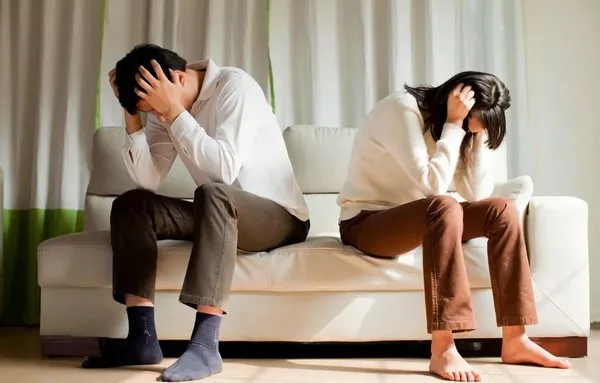A scathing new report from the Global Mental Health Alliance declares traditional marriage counseling “outdated and often harmful” for addressing contemporary couples’ mental health needs.
The analysis of 10,000 therapy outcomes found that conventional approaches developed in the 1980s fail to account for modern stressors like digital infidelity, financial precarity, or pandemic trauma – and may actually exacerbate mental health symptoms in 29% of cases. “We’re using analog solutions for digital-age problems,” says report author Dr. Elijah Johnson. “Many couples leave therapy feeling more hopeless because their real struggles weren’t addressed.”
The research identifies three key gaps: failure to address technology’s impact on relationships (85% of couples report phone-related conflicts but only 12% of counselors ask about tech habits), overlooking economic anxiety’s role (72% of couples cite money stress as their top concern, yet most therapy ignores practical financial planning), and inadequate attention to individual mental health needs within the marriage (60% of depressed partners receive no individual treatment while in couples counseling).
Progressive clinics are pioneering integrated models. The Seattle Center for Marital Wellness, for example, combines relationship counseling with individual therapy, financial coaching, and digital detox plans. “We treat the whole ecosystem of modern marriage,” explains director Dr. Priya Nakamura. Early results are promising – couples in comprehensive programs show 68% greater mental health improvement than those in traditional counseling. Some insurers are beginning to cover these blended approaches, recognizing that treating marital mental health requires more than just teaching communication skills.
The mental health community is facing tough questions about how to better serve struggling couples. “We need a complete paradigm shift,” argues Dr. Johnson. “That means training counselors in modern relationship stressors, developing new therapeutic tools for the digital age, and honestly confronting how economic inequality is destroying marital wellbeing.” As the debate continues, one thing is clear: today’s couples face unique challenges that demand innovative solutions.
Related topics:
















